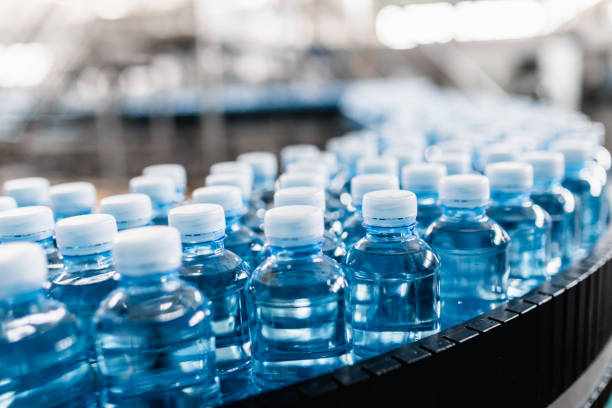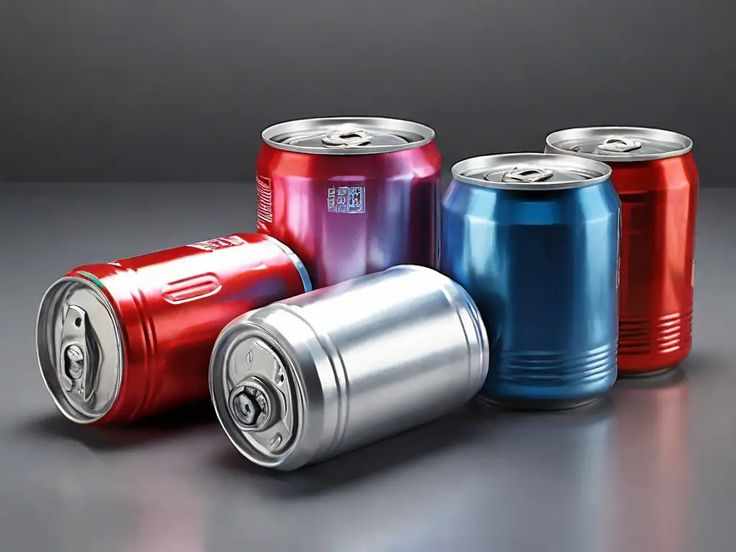
The demand for clean and safe drinking water has skyrocketed in today's fast-paced world. This has led to a significant increase in the production and consumption of packaged mineral water. To meet this demand, businesses rely heavily on advanced mineral water machinery and the establishment of efficient mineral water plants. These components are pivotal in ensuring consumers' consistent supply of high-quality mineral water.
What Is Mineral Water Machinery?
Mineral water machinery refers to the specialized equipment used in purifying, bottling, and packaging mineral water. This machinery is designed to handle a variety of processes, from water purification to filling and labeling bottles. It plays a critical role in maintaining the purity and hygiene of the water, ensuring it meets regulatory standards.
Key Components of Mineral Water Machinery:
Water Treatment Systems
These systems remove impurities and contaminants from raw water. They include filtration units, reverse osmosis (RO) systems, and UV sterilizers to ensure the water is safe for consumption.Bottling Machines
Bottling machines are used to fill purified water into bottles of various sizes. These machines operate at high speeds and are equipped with features to prevent contamination during the bottling process.Labeling and Packaging Equipment
After the water is bottled, labeling and packaging machinery ensure the bottles are ready for distribution. Labels typically include brand details, nutritional information, and manufacturing dates.Quality Control Systems
Advanced mineral water machinery often includes automated quality control systems. These systems check for any inconsistencies in the production process, ensuring that only the best quality water reaches consumers.
What Is a Mineral Water Plant?
A mineral water plant is a facility where mineral water is processed, bottled, and packaged. It integrates various types of mineral water machinery to create a seamless production line. The primary objective of a mineral water business is to ensure a consistent supply of high-quality mineral water that adheres to strict hygiene and safety standards.
Setting Up a Mineral Water Plant:
Site Selection and Layout Planning
The first step is choosing a suitable location for the plant, considering factors like water source availability, transportation accessibility, and compliance with local regulations.Procurement of Mineral Water Machinery
The selection of machinery depends on the production capacity and specific requirements of the plant. High-quality machinery ensures efficient operations and reduces maintenance costs.Water Source and Quality Testing
The plant must have access to a reliable water source. Comprehensive testing is conducted to determine the treatment processes required to meet quality standards.Installation and Commissioning
After the machinery is procured, it is installed and tested to ensure smooth operations. This phase also includes staff training on the use and maintenance of the equipment.Regulatory Compliance
The plant must comply with local and international standards for water quality, hygiene, and safety. Certifications from regulatory bodies are essential for the legal operation of the plant.
Benefits of Investing in Mineral Water Machinery and Plants:
Ensured Water Quality
Advanced machinery guarantees that the water is free from contaminants, making it safe and healthy for consumption.Cost-Effective Production
Automated processes reduce labor costs and increase production efficiency, resulting in cost savings for the business.Scalability
Mineral water plants can be designed to meet varying production capacities, allowing businesses to scale operations as demand grows.Brand Reputation
Consistently delivering high-quality products helps businesses build trust and a strong reputation in the market.
Conclusion
The increasing demand for packaged mineral water presents a lucrative opportunity for businesses in the beverage industry. Investing in state-of-the-art mineral water machinery and setting up a well-designed mineral water plant is essential for meeting consumer expectations and maintaining competitiveness in the market. By prioritizing quality, efficiency, and compliance, businesses can achieve long-term success in this thriving industry.




















Write a comment ...